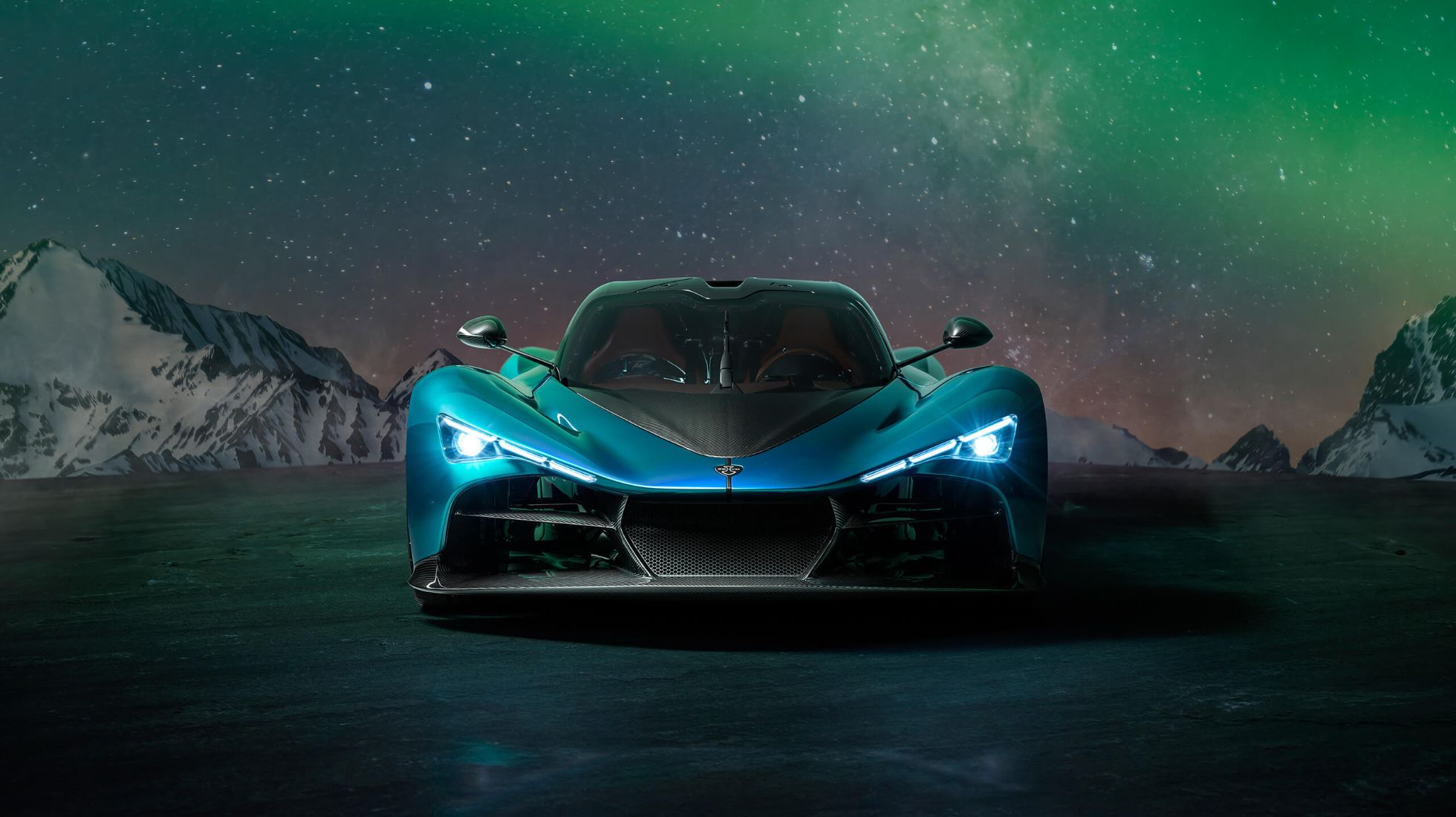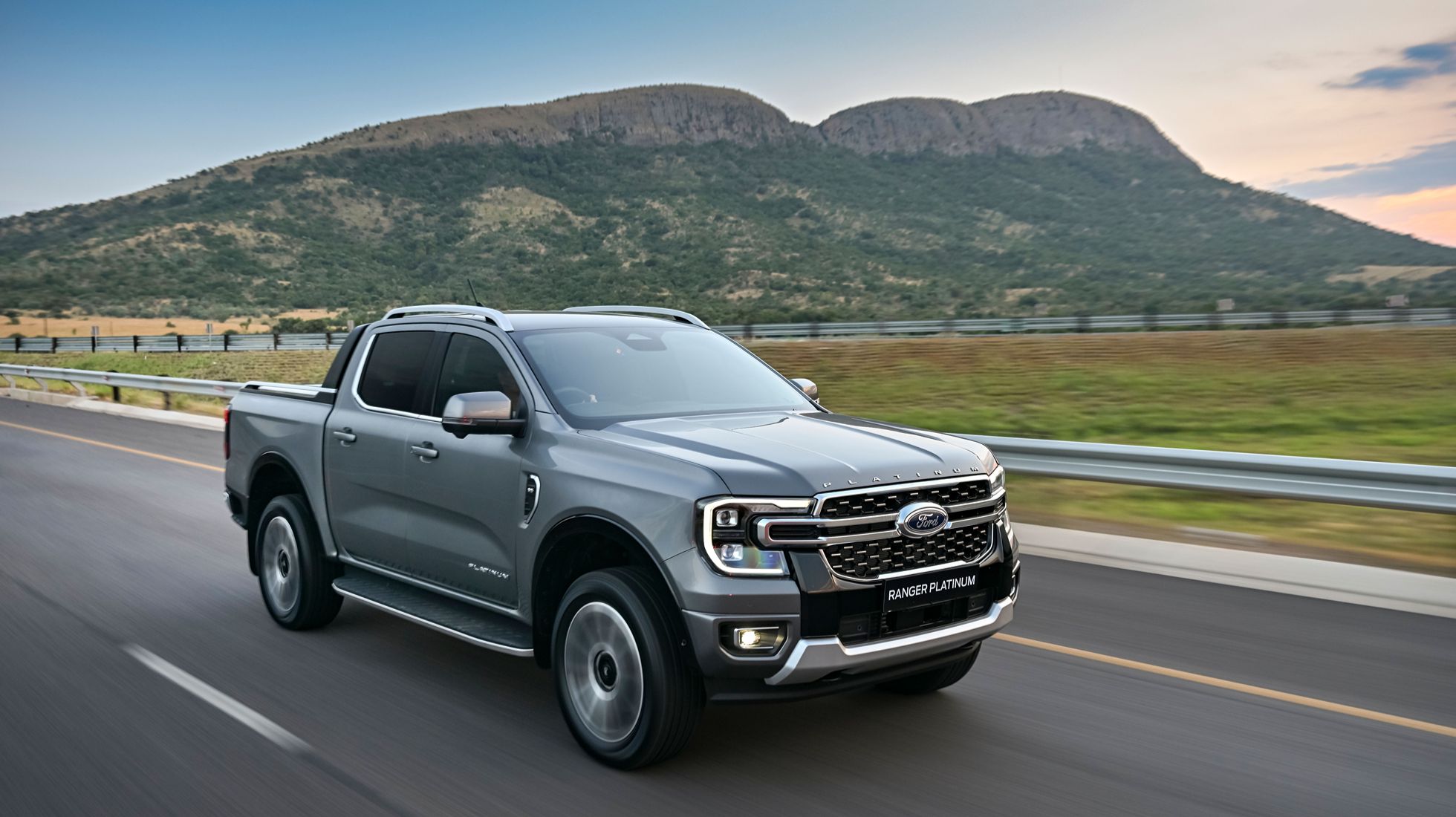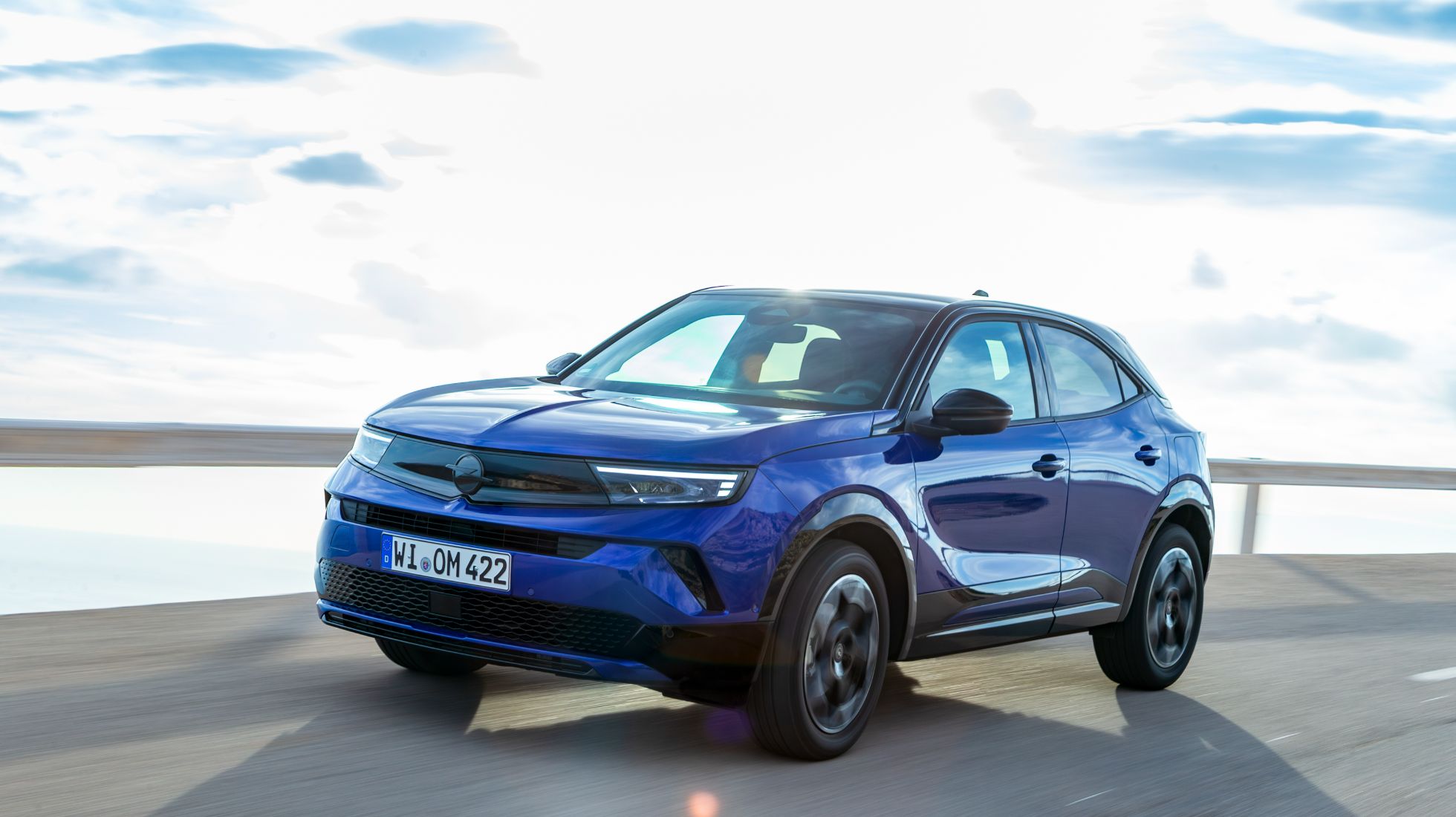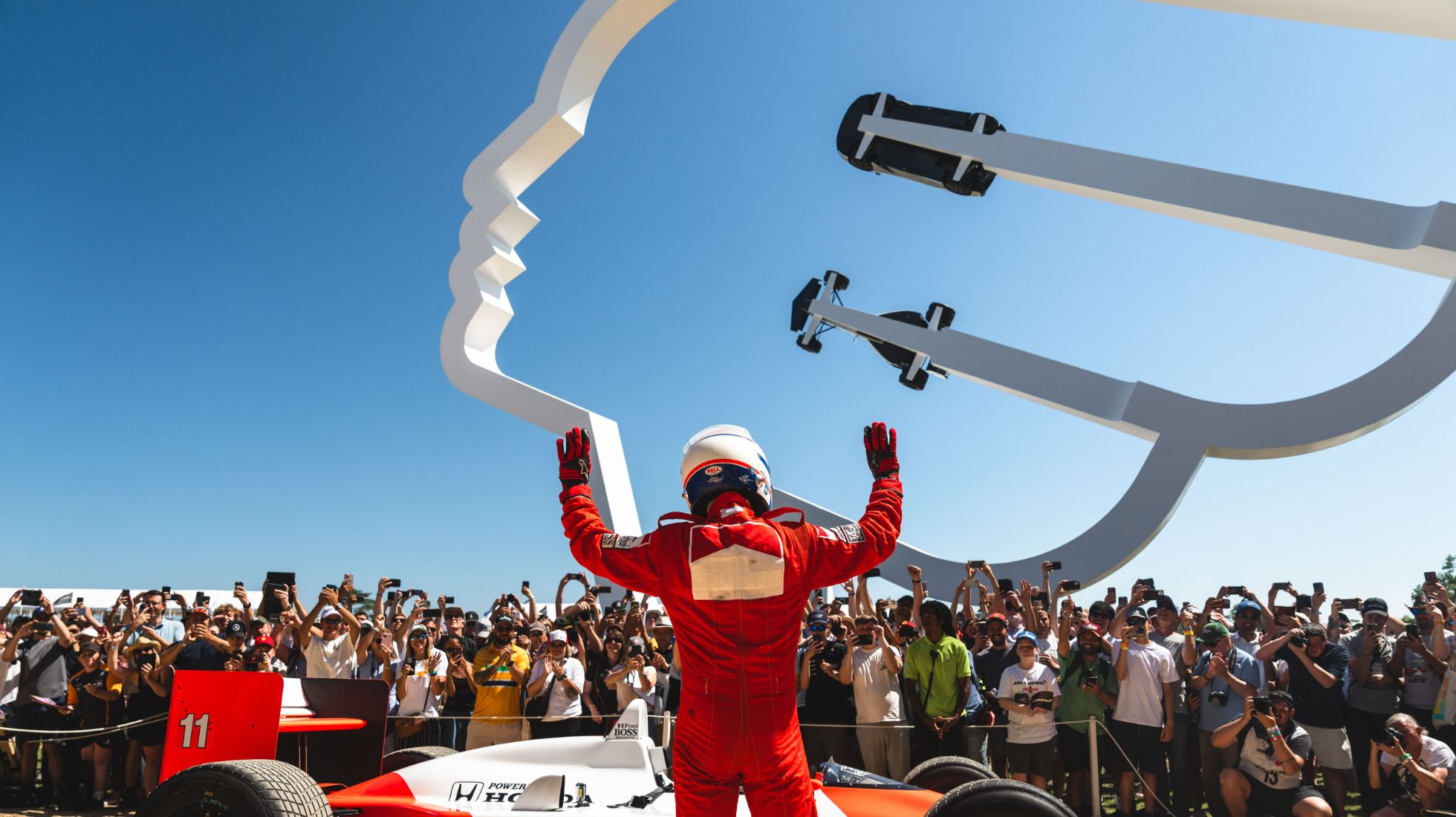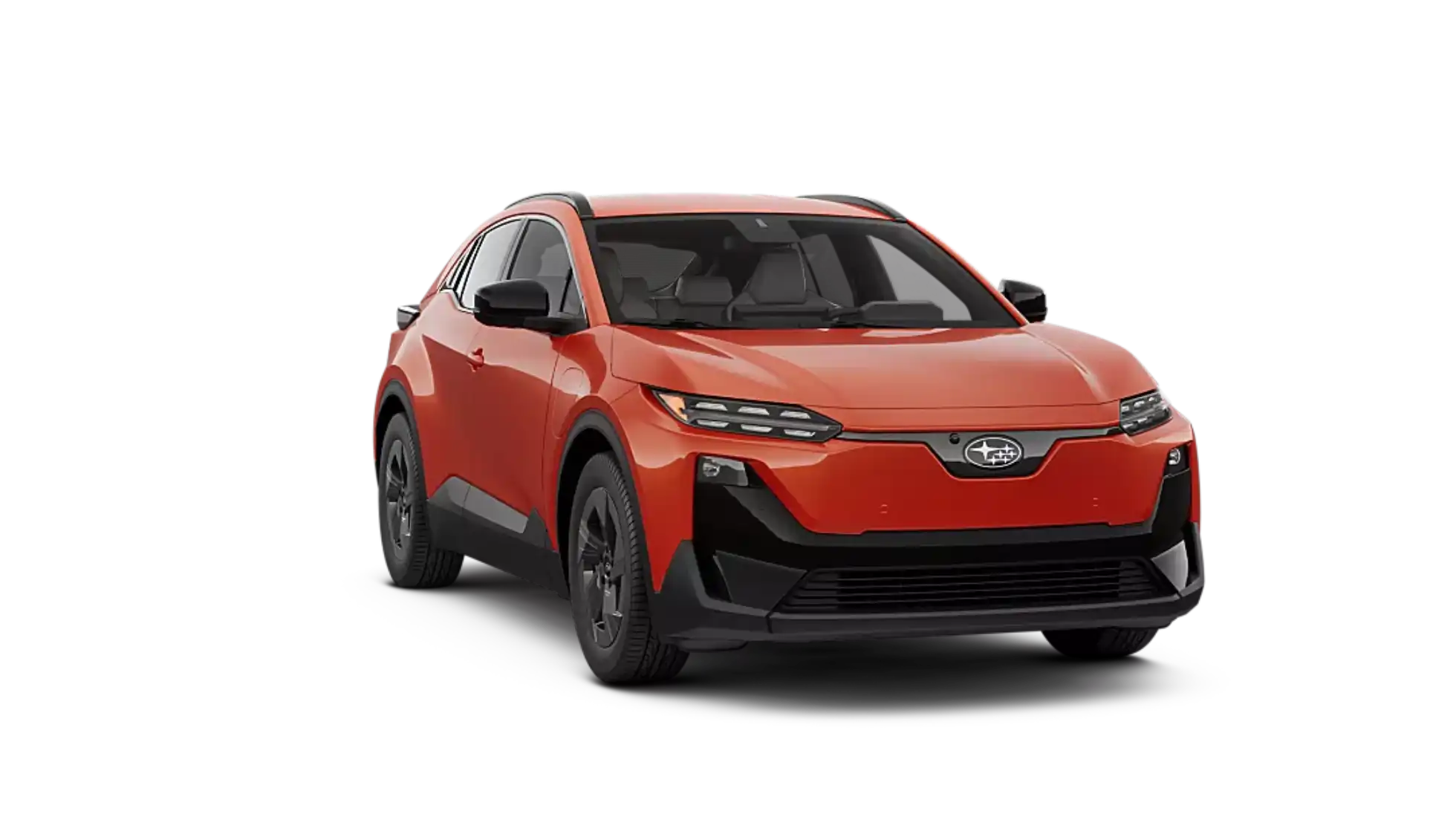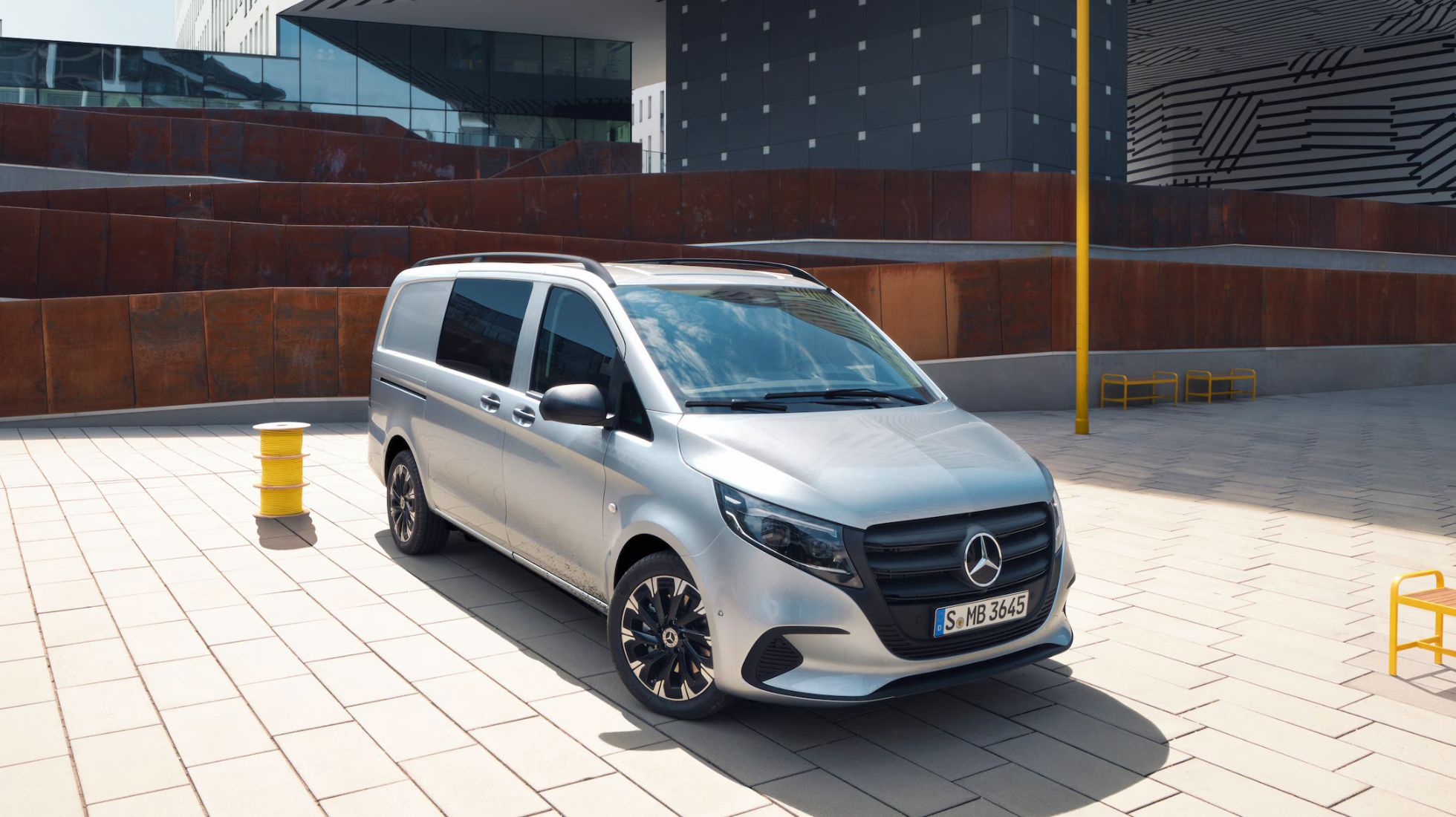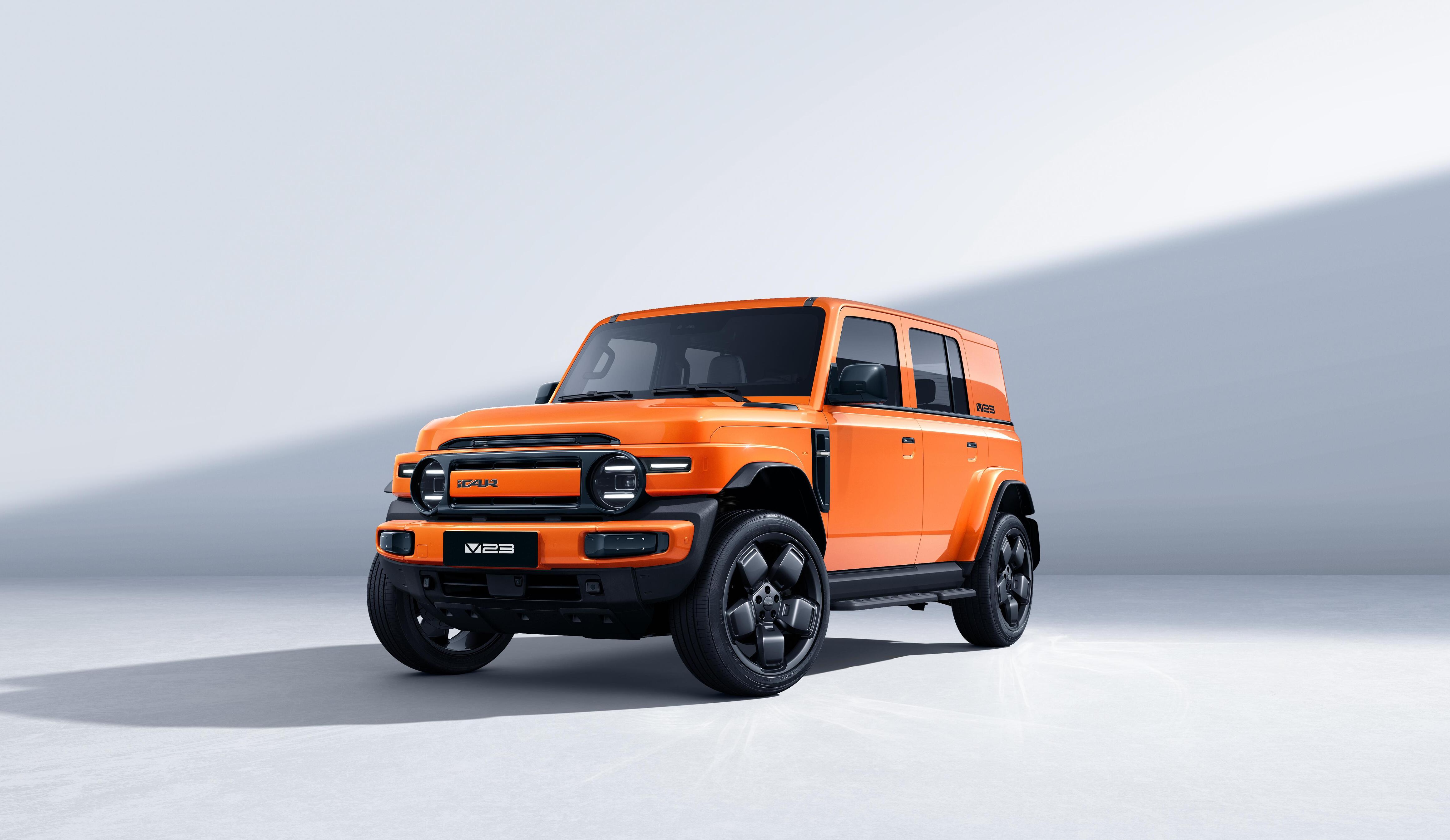Backed by a global conglomerate and assisted by local support and distributors, Ashok Leyland is trying something different for its local introduction.
Why does this name sound familiar?
The Leyland name, in the local South African context has some historical weight, known for its hand in manufacturing here from the mid-fifties right up to its official closure in the 80’s brought on by ever-increasing demand and product from German and Japanese rivals. It was a formidable name then, producing busses, trucks and a variety of passenger cars including the Mini, Morris Minor, Rover and Triumph models.
Further East, in 1955 Ashok Motors merged with Leyland, coming together as Ashok Leyland to become a long-standing and global player in the LCV, Trucks, Busses and specialised vehicles space. The company stands as the 4th largest bus producer in the world, and the 13th largest truck manufacturer with a vision to be within the top 10 very soon. It’s a bold claim but it comes from a large scale backing by the larger group, from which Ashok Leyland is a part – the Hinduja group, a conglomerate with hands in various sectors including health care, energy, oil and media just to name a few. This company has decided to officially launch into South Africa.
Local Launch Details
Ashok Leyland has been present in the country since 2023, slowly finding its feet and signing deals with local partners to allow it to trade in a market that is, according to them, ripe for its future benefit with what they can offer. That is, products that are affordable first and foremost, simple to operate and own, and reliable.
The products that have been officially launched into the market are all of the above. The Ashok Leyland Dost is a small, 1.5L diesel LCV with a 44kW engine that produces 158Nm of torque. Its top end is capped at 100km/h but its USP is its price and payload compared to its rivals. The payload of 1,250kg is indeed good for the vehicle’s segment and size and the price comes in at R169 900 with VAT included. It’s undoubtedly the cheapest in the segment. The Dost comes with drop sides and large, flat loading area. Interior comforts are far and few between, except for a phone carrier…no air-conditioner, no ABS, no electric windows, no airbags and a full suite of harsh plastics.
A slightly larger offering with a 1,860kg payload, the Ashok Leyland Partner is available from R100 000 more than the Dost. This model includes a larger load bed and drop sides, a larger passenger cabin with space for three and a much better suspension set up and drive quality. Air-conditioning is also an option to be retro-fitted on these for local models. The Partner’s engine is also a 1,5-litre, 3-cylinder, diesel unit with 190Nm of torque that is available low down between 1,600-2,400 rpm. Claimed fuel economy of below 6l/100km and a towing capacity of 1-ton sets the Partner more along the lines of models like the Mahindra Bolero where the Dost is sitting squarely in the pool with the DSFK 01 and the Suzuki Super Carry.
Distribution and local support
Ashok Leyland has partnered with local company Hallmark Motor Group who are responsible for vehicle distribution and dealer network business, whilst ETG (Export Trading Group) is overseeing the actual importation of the Ashok Leyland products into the market.
A creative approach to marketing and distribution
The key move for Ashok Leyland is pricing way below that of all of the competitors. Key target markets are local businesses, SME’s and the like, including business that operate last-mile delivery, township business, owned-and-operated businesses, man-in-a-van outfits i.e. plumbers, handymen etc. This market, according to Ashok Leyland and its partners, is ripe for a slightly different distribution model compared to what is currently being practiced. The company is navigating an agency model as opposed to an outright dealer model. This lowers the barrier to entry and allows more players to on-sell the products being that vehicles are only paid for by the agent, once they themselves have actually sold it, i.e no carrying of stock that you’ve paid for but haven’t sold. They’re also considering different funding models, looking into making the products available to those who are unbanked, yet still turning decent business, or, have decent business opportunities but lack the initial funding criteria, traditionally sought after by banks that many can’t produce.
It's a healthy proposal for a country that could use some assistance along the way but no matter what price the vehicles are sold for, there are a few hurdles. For a start, the vehicles lack the perceived build quality and value of most all other competitors and whilst that speaks to the low price, there are many business owners that will choose a better, long-standing brand before jumping to a new one with such low-order products. I happened to drive the Dost and the Partner models and the ride quality and perceived interior quality are quite simply, inferior. A lack of safety equipment is not new to the segment but the entire package feels unacceptably cheap and I do wonder why any business would opt for a new model simply based on its price. Ashok Leyland will cite that it’s the price per load that is most important, but even then, with what is actually an acceptable engine performance, I’m not convinced. I haven’t driven anything as bad as the Dost in a very long time.
These are the key questions: Access to practical and affordable mobility for local small businesses particularly with additional funding support? Indeed. Absolutely. But is it a suitable product for customers and is its lower price that good that customers will jump from trusty brands like Suzuki or Mahindra just to save that kind of money? I am not convinced.
What is certain, is that Ashok Leyland has the backing, capability and manufacturing expertise to do well here.

.jpg)
